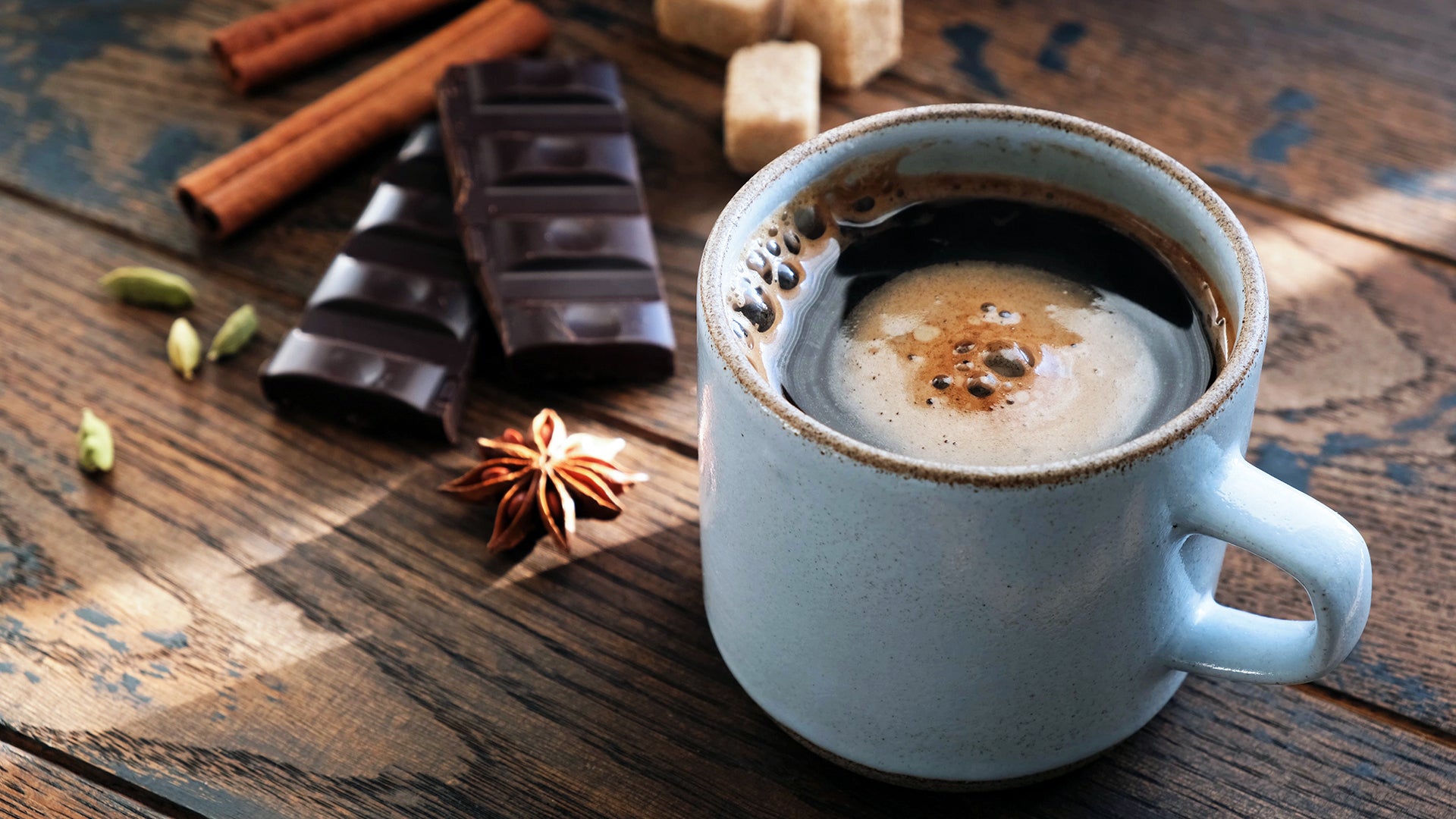This year marked the first-ever national Polyphenol Day, a day set aside to recognize one of nature’s healthiest nutrients.
Polyphenols, found in certain plant foods are considered very good for the body because of the protection they provide from damage that often comes with aging. In addition to fighting the many negative effects of aging, research shows these compounds can also reduce the risk of heart disease and other leading causes of death.
Dr. Steven Gundry, a leading cardiovascular surgeon who specializes in nutrition and the treatment of elderly patients, told CBN News he recommends a diet rich in polyphenols.
“Some of these compounds are now recognized as having dramatic anti-cancer effects,” he said. “And I actually use the power of polyphenols in most of my clinic for the active treatment of people with cancer, metastatic cancer, who are inoperable.”
In fact, Dr. Gundry pushed the designation of national Polyphenol Day to build interest and knowledge. He said people can find these compounds in their local grocery store if they know what to look for. He says many foods containing polyphenols can be found in the produce department or the frozen food section.
“Right now blackberries and raspberries have the highest polyphenol content of any of the berries, that’s followed by strawberries,” he explained. “Traditionally we’ve always thought of blueberries as a great source of polyphenols, but blueberries have actually been bred for sugar content so now blueberries are a little bit down the scale of where you’d find polyphenols. The exception is if you find wild blueberries or tiny blueberries.”
Dr. Gundry says when shopping, make sure to go to the aisle where olive oil can be found. It contains high amounts of polyphenols. However, since there are so many different brands, choosing the right olive oil can be confusing.
“The more bitter olive oil, the kind that makes you cough, or kind of burns, that’s a sign of the polyphenol content,” he said.
Believe it or not, Dr. Gundry says polyphenol-rich foods can be found in the candy aisle in the form of dark chocolate. Like olive oil, Dr. Gundry says the more bitter the better. That means choosing one with the highest percentage of cacao.
“Extra dark chocolate has tons of polyphenols. But beware: milk chocolate, which is preferred by Americans, all the polyphenols have been taken out to make it taste good,” he said.
Black coffee also does more than give you a morning pick-up, explains Dr. Gundy.
“A fascinating study shows people who drink five or more cups of coffee per day have a very low incidence of Alzheimer’s or Parkinson’s,” he said. “And it turns out it’s the polyphenols that have that benefit.”
Some, but not all, teas also score high. “And it really doesn’t matter whether it’s green tea or black tea, but herbal teas aren’t loaded with polyphenols,” he said.
Dr. Gundry recommends using spices liberally because most of them, even ordinary black pepper, can help. “Sprinkle them on your salad, on your fish, your chicken,” he said. “You can get polyphenols every day without worrying about it.”
By increasing the consumption of polyphenols in foods and beverages, spices, and supplements, research shows we can lower our risk of disease.
HEALTHY LIVING: Watch the full interview about polyphenols with Dr. Gundry and CBN News Medical Reporter Lorie Johnson




























![[Video] More – Aghogho » GospelHotspot](https://gospelhotspot.net/wp-content/uploads/2024/04/More-Aghogho.jpeg)
















